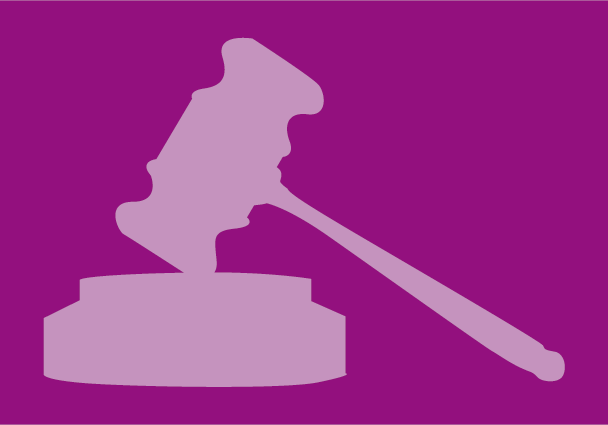“A high degree of politicization infringes upon the proper functioning of the Honduran judiciary and legal profession”, stated a team of legal experts sent by the ICJ Centre on a fact-finding mission to Honduras.
In its preliminary conclusions, the mission of the ICJ’s Centre for the Independence of Judges and Lawyers found that the most serious problem facing the Honduran judiciary and legal profession is their extreme politicization. Administrative decisions, such as the appointment of judges, are tainted by political considerations and judicial rulings are sometimes also prone to being affected by such considerations, which in certain cases leads to impunity. Further, there are a high number of cases of corruption pending against several members of the judiciary, the Office of the Attorney-General and lawyers.
Judicial delays and a selective choice of the cases that will be heard within a reasonable time frame are further shortcomings of the Honduran judiciary. This state of affairs should be remedied in order to be compatible with national and international standards of fair trial and other judicial guarantees. Ensuring the independence of the judiciary vis-à-vis other branches of power, as well as other political or economic groups, and fighting corruption and impunity are necessary conditions to guaranteeing equality before the law for all persons in the Republic of Honduras.
The mission also observed positive judicial reforms that have taken place in Honduras, among them the newly established procedures to nominate judges and the extension in the mandates of Supreme Court judges to exceed a Government term. These measures are likely to contribute to a more independent judiciary. But for these reforms to be successful, all relevant actors must commit themselves to not allowing political considerations to affect the said appointment procedures.
Among the recommendations that the mission of the ICJ’s Centre for the Independence of Judges and Lawyers presented to the Government of Honduras were the promulgation of a new Organic Law on the Judiciary and the creation of a Council of the Magistracy (Consejo de la Magistratura) that would be in charge of, among other things, the selection and appointment of Magistrates.
Regarding the crisis that started last year at the Honduran Bar, the mission concluded that it was due to a power struggle. However, the mission believes that bringing criminal proceedings against a number of lawyers for their imprudent actions, such as requesting the removal of all Supreme Court judges, results in a criminalisation of dissidence which is contrary to the norms that are fundamental to the Rule of Law. Further, the Honduran Bar should adopt clear and concise rules regarding conflicts of interest and effective procedures to supervise the ethical performance of its members.
Regarding the exercise of the profession of notary (Notario), the the mission of the ICJ’s Centre for the Independence of Judges and Lawyers concluded that, as a Notary possesses the authority to attest to documents and facts, it is appropriate to maintain a degree of control over this profession. In addition, the examinations to qualify as a Notary must possess all guarantees of suitability, impartiality, transparency and equality for all candidates.
The the mission of the ICJ’s Centre for the Independence of Judges and Lawyers visited Honduras from 17 to 24 September and was comprised of Mr. Alejandro Artucio (Uruguay) ICJ Commissioner and team leader, Ms. Mónica Pinto (Argentina), Vice-Dean of the Law School of the University of Buenos Aires and Mr. Oscar Schiappa-Pietra (Peru), an international expert on judicial and legislative reform.
Further findings and a full report of the the mission of the ICJ’s Centre for the Independence of Judges and Lawyers to Honduras will be released before in the coming months.





